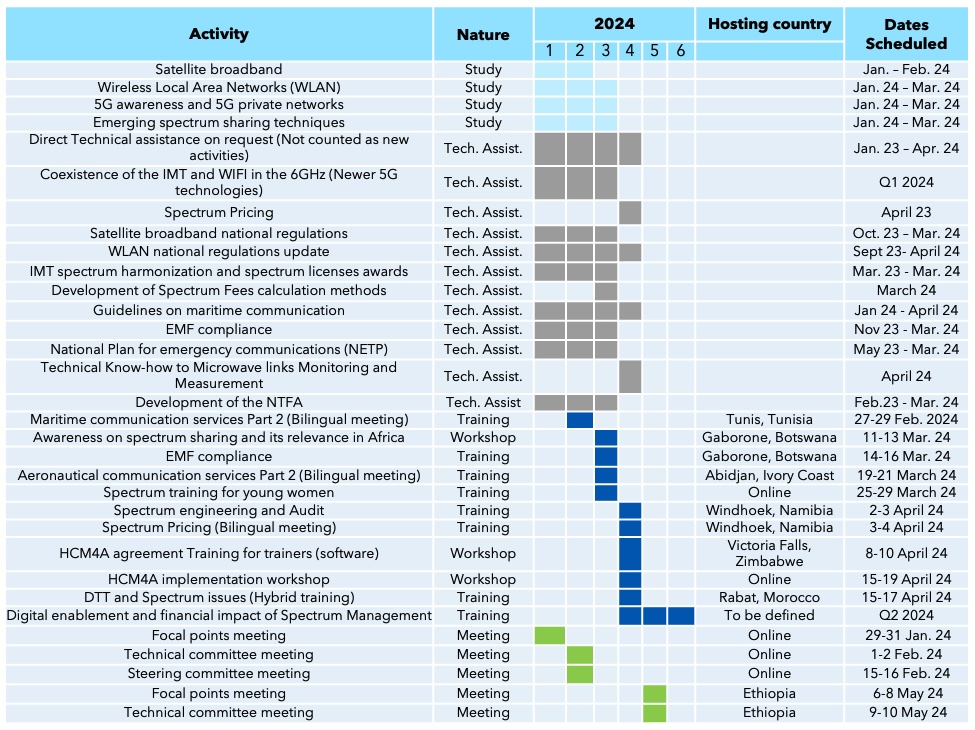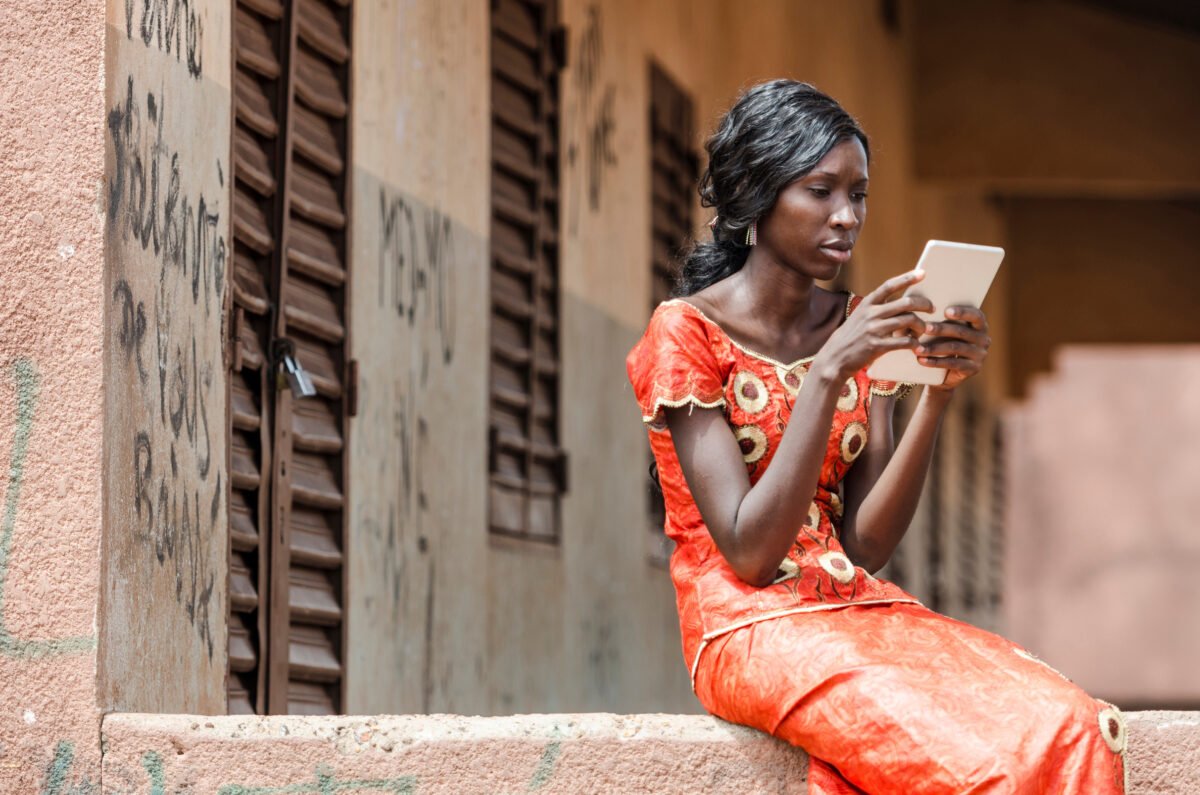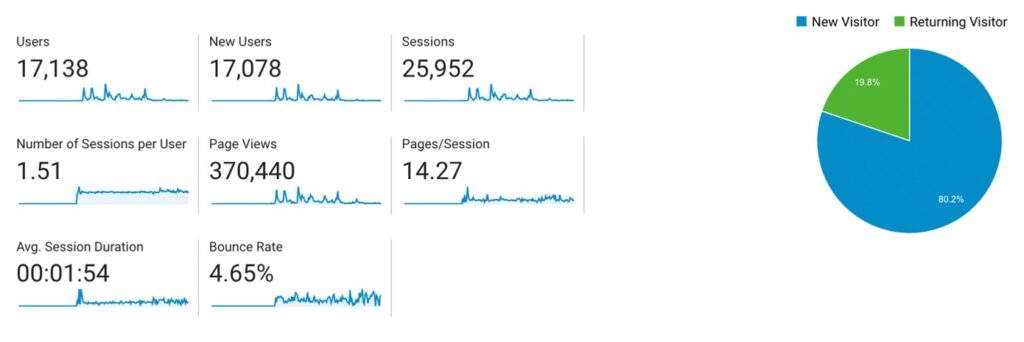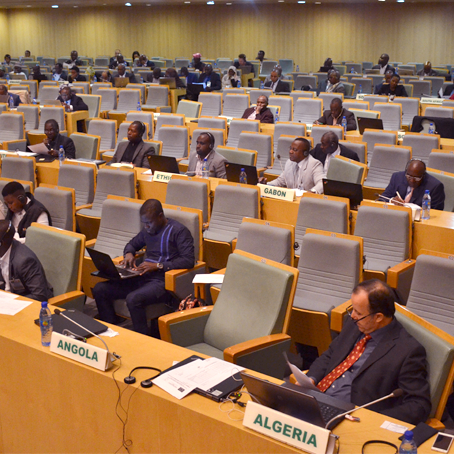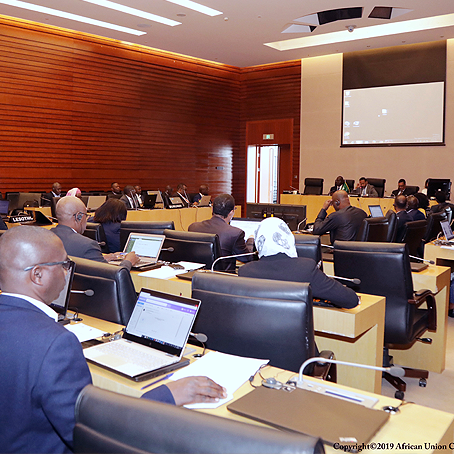The “Policy and Regulation Initiative for Digital Africa” (PRIDA) project is a joint initiative of the African Union (AU), the European Union (EU) and the International Telecommunication Union (ITU), that enables the African continent to reap the benefits of digitalization by addressing various dimensions of broadband demand and supply in Africa and building the capacities of AU Member States in the Internet Governance space.
The ITU-managed PRIDA project would like to provide fully funded training on spectrum management for young women who are currently enrolled in their final year of studies. The training has two sessions. For the first session of the training a total of 200 young women will be selected from French speaking countries in Africa. For the second session a total of 200 young women will be selected from English speaking countries in Africa. The location is not yet defined.
Spectrum management is the process of regulating the use of radio frequencies to promote efficient use and gain a net social benefit. The term radio spectrum typically refers to the full frequency range from 1 Hz to 3000 GHz (3 THz) that may be used for wireless communication. Increasing demand for services such as mobile telephones and many others has required changes in the philosophy of spectrum management. Demand for wireless broadband has soared due to technological innovation, such as 3G and 4G mobile services, and the rapid expansion of wireless internet services.
Objective
– To train young women on spectrum issues.
– To develop awareness and basic competencies in spectrum management.
– To motivate trainees in their studies with spectrum issues.
Eligibility
All participants must:
– Be a young women aged between 19-25.
– Be enrolled in their final academic year of their first university degree or graduate degree in Telecommunication Engineering, cybersecurity, IT, computer science, data science and related fields. (Proof of enrollment will be needed).
– Have a GPA of 3.5 and above (Proof needed).
– Hold a valid passport.
– Be from one of the listed countries:
Algeria, Angola, Benin, Botswana, Burkina Faso, Burundi, Cabo Verde, Cameroon, Central African Republic, Chad, Comoros, Democratic Republic of the Congo, Republic of the Congo, Ivory Coast, Djibouti, Egypt, Equatorial Guinea, Eritrea, Eswatini, Ethiopia, Gabon, Gambia, Ghana, Guinea, Guinea-Bissau, Kenya, Lesotho, Liberia, Libya, Madagascar, Malawi, Mali, Mauritania, Mauritius, Morocco, Mozambique, Namibia, Niger, Nigeria, Rwanda, Sao Tome and Principe, Senegal, Seychelles, Sierra Leone, Somalia, South Africa, South Sudan, Sudan, Tanzania, Togo, Tunisia, Uganda, Zambia, Zimbabwe.
– Have an advanced level of English and/or French language.
– Strong communication, analytical and writing skills.
Online application procedure
– Fill out this form.
– Candidates will be invited to provide:
- Contact information.
- Proof of enrolment.
- Valid copy of passport.
- CV (up to 2 pages) in one of the two languages (English or French).
- Motivation for applying and expectations towards the training.
- Acceptance of the Terms and Conditions and the Code of Conduct.
– The deadline for submissions is set for 11:59pm EAT on 18 June 2023.
Benefits:
– Fully funded travel (location to be confirmed)
– Reimbursements for all materials, preparation, hotel, and travel.
– Training on spectrum management and networking opportunities.
– Certificate of Recognition.
Duration of the training: One week.
Timeline :
– Online application submissions open: April 11, 2023.
– Application submissions close: June 18, 2023.
– Evaluation process: June 19- June 30, 2023.
– Announcement of the selection:
All the selected candidates have already been contacted by the PRIDA project team.
– Training kick-off: August 2023.
The PRIDA project team will contact selected candidates directly before July 10th.
